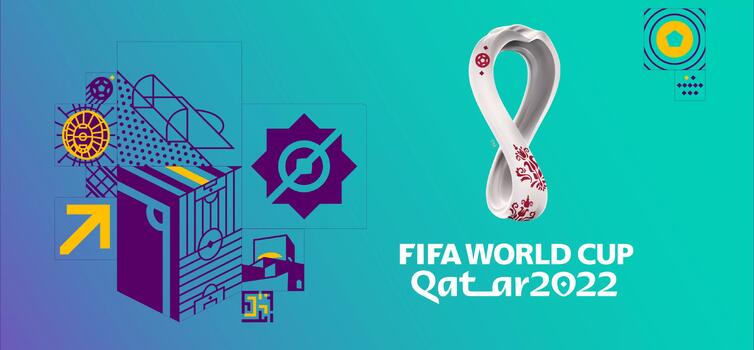World Cup doctors meet to discuss new concussion protocols

Written by Training Ground Guru — July 7, 2022
TEAM doctors from the 32 sides that will feature at this year's World Cup met in Qatar last week to discuss new medical services at the competition.
These included a number of new measures designed to help doctors assess and treat concussion:
- Concussion substitute: For the first time at a World Cup, each team will be permitted to use one concussion sub per match. If a concussion is suspected, a player can be removed for assessment and treatment without this affecting the five regular substitutions they are able to make. There had been calls for teams to make temporary concussion substitutions instead, as in rugby union, but these were rejected by the International Football Association Board (IFAB) earlier this summer.
- Independent Concussion Assessment and Rehabilitation Service: There will be an evidence-based assessment of any player who has suffered a brain injury. This will include recommendations from concussion experts regarding a player’s return to play. A new piece of Australian-owned technology called NeuroFlex - a virtual reality headset which tracks eye and head movements - will be used to help assess whether it is safe for a player to return to play.
- Medical replay tablet: Team doctors and FIFA doctors will be provided with a medical replay tablet that will allow them to watch pitchside video replays to help identify and assess concussion.
- Injury spotter: Will be situated in the media tribune and identify red flags for concussion using video replay. They will alert the FIFA Medical Co-ordinator to any signs of a potentially serious injury.
- Concussion protocol: Guidance on how to assess and treat concussions. There is also guidance on phased return to training and play after a concussion,
There was controversy at the last World Cup when Morocco’s Nordin Amrabat fell heavily on his head during a group game against Iran and had water sprayed water in his face, slaps on the cheeks and an ice pack placed on top of his head by his medical team. He was eventually substituted but played five days later against Portugal.
The two-day workshop took place at the Al Janoub Stadium in Qatar and was hosted by Dr Andrew Massey, FIFA's Director of Medical.
He also outlined the bespoke 24/7 sports cardiology service that will be offered to team doctors in Qatar, enabling them to obtain an assessment of any player with symptoms potentially relating to their heart.
Massey said: “FIFA has established a robust framework of medical services for the FIFA World Cup in line with our principle that health comes first. The team doctors will be instrumental in maximising the protection of players’ health and this workshop has been essential in terms of ensuring a fruitful co-operation in relation to a number of key topics.”
Each team doctor was also given a FIFA Emergency Care Bag which included an automated external defibrillator. The bags are designed to be ‘mini-clinics’ and are stocked with “all the equipment needed to handle any scenario requiring advanced life support,” FIFA said.
“The FIFA Emergency Care Bags play a key role as part of our concrete efforts to effectively treat on-field injuries and promote football as a healthy activity across our member associations,” added Massey.
The Emergency Care Bags will be delivered to the remaining 179 member associations in the coming weeks.





-1.png)





